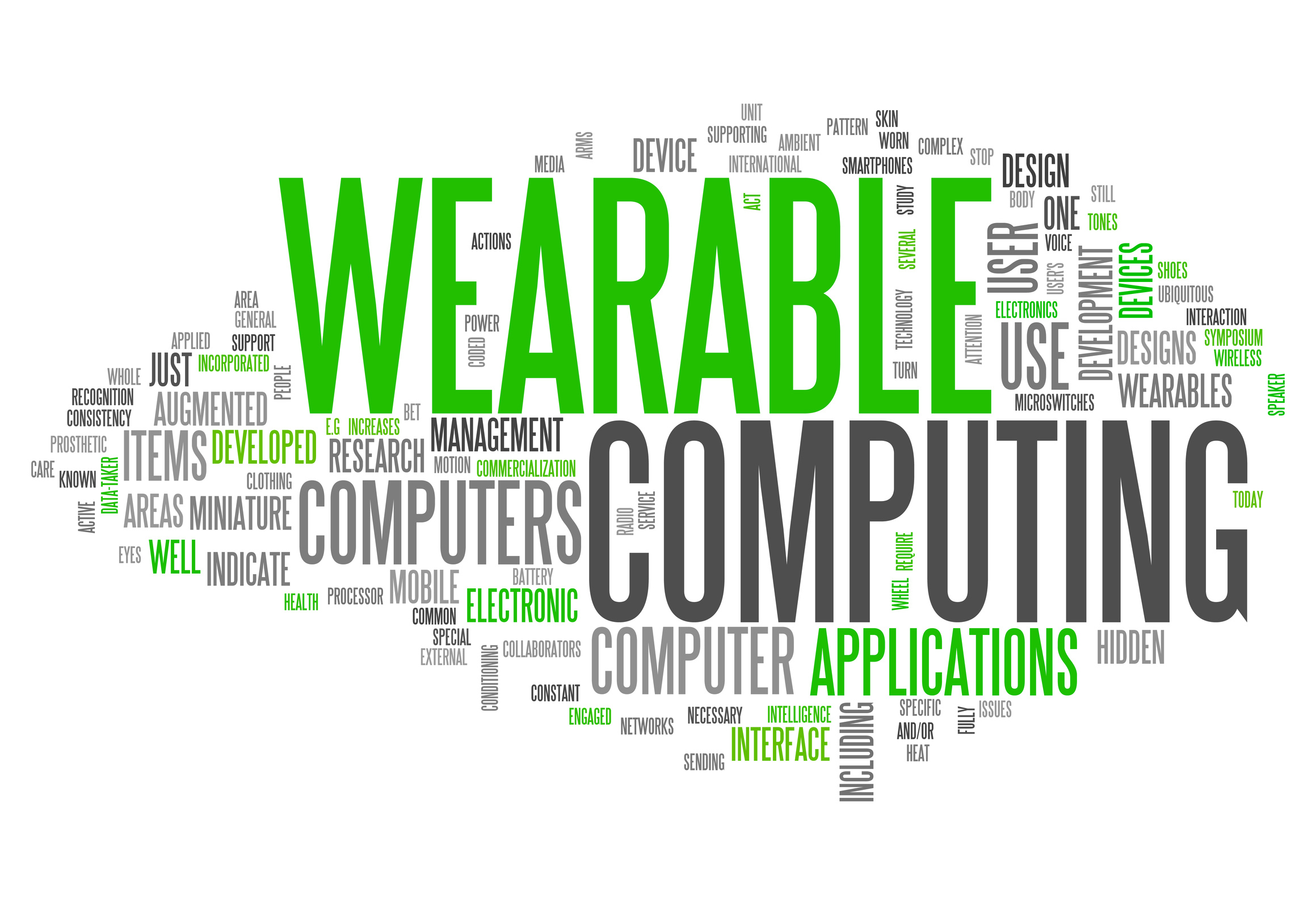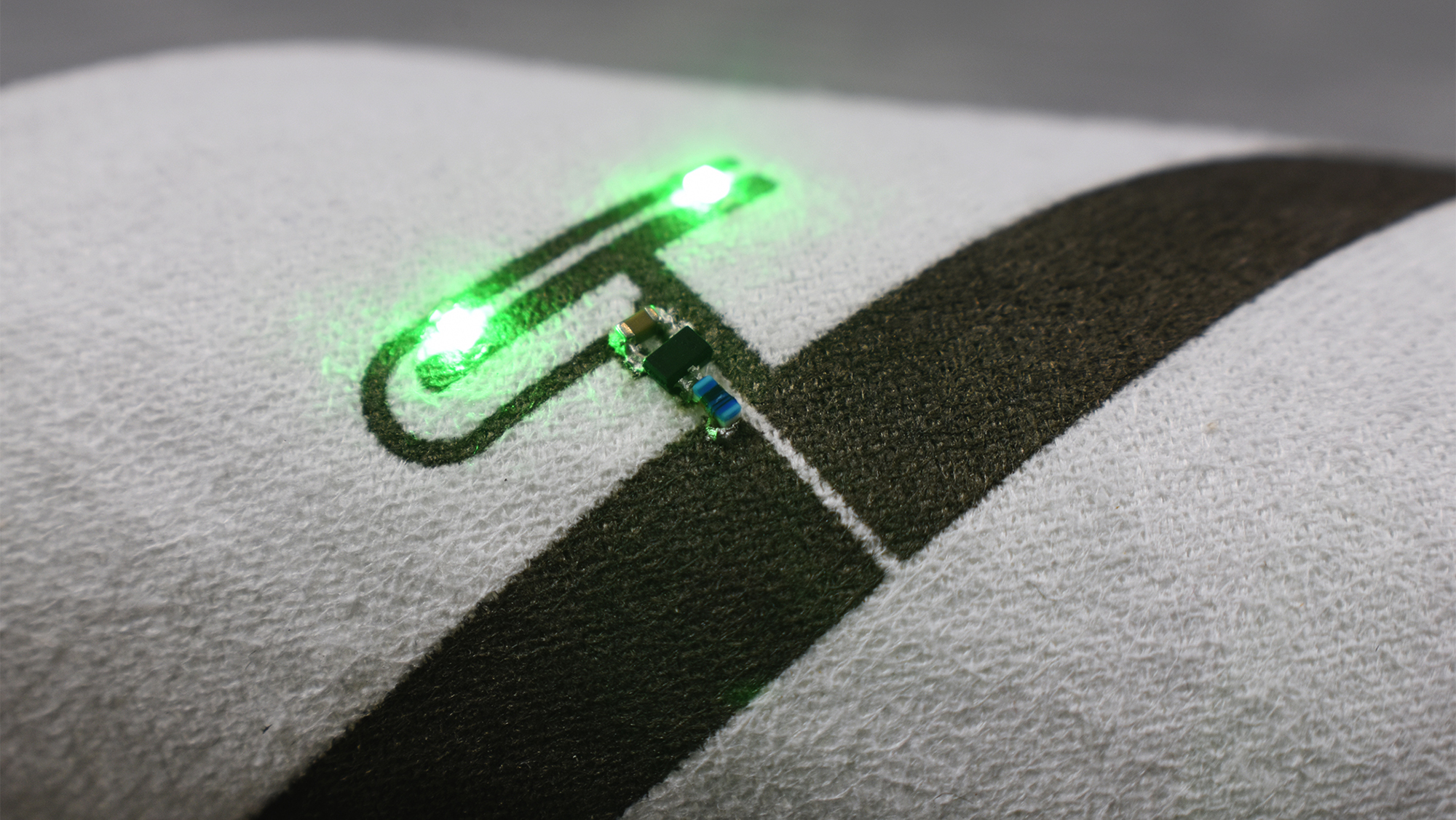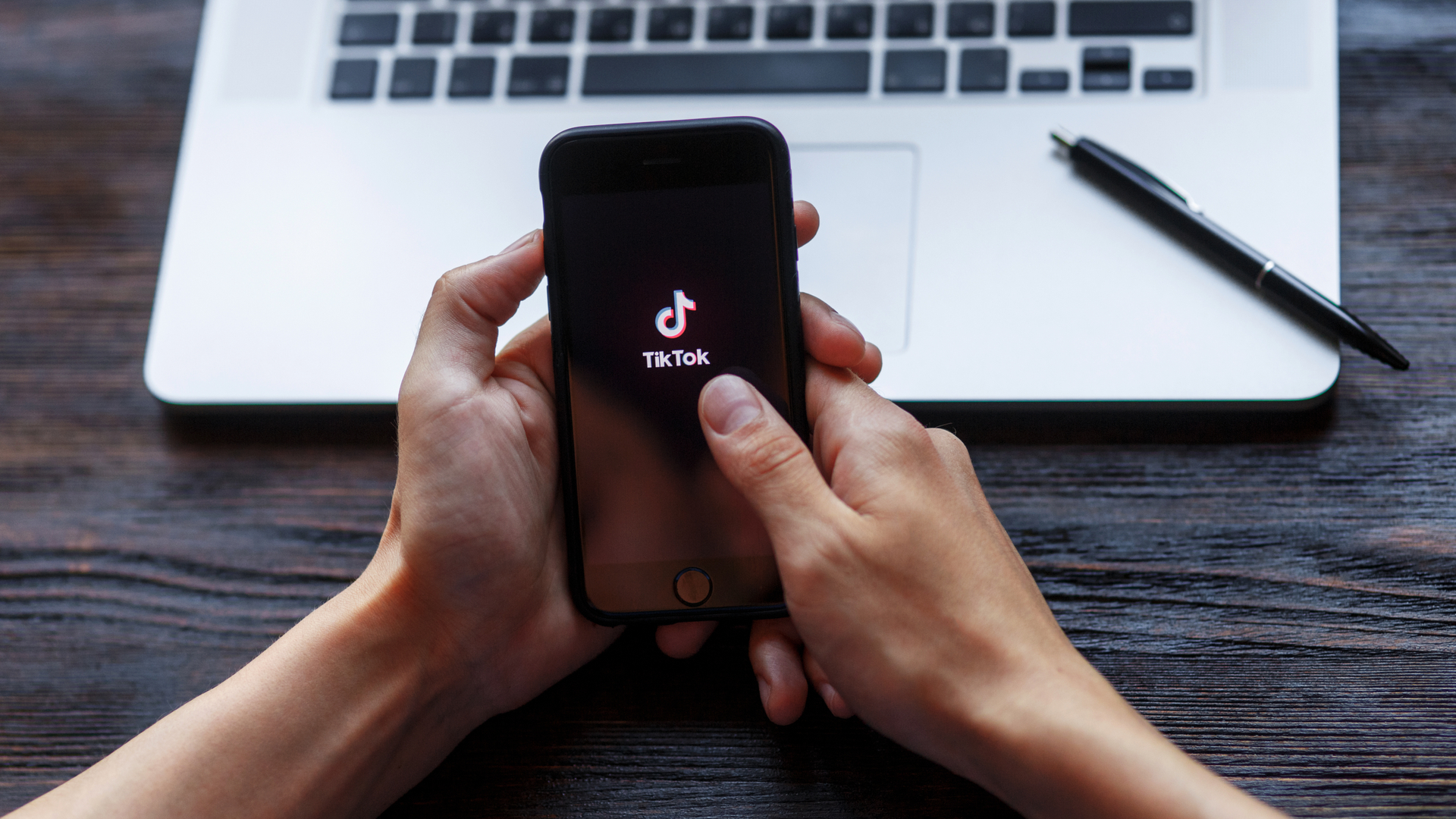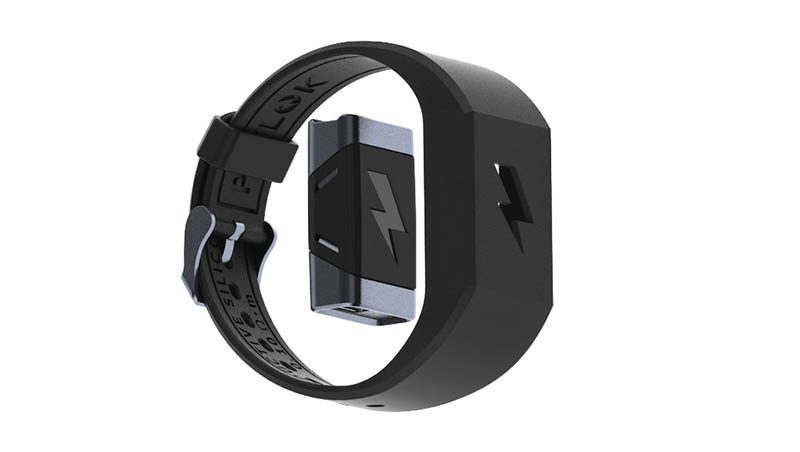Beyond illness: the future of healthcare technology
How can advances being made in health and wellbeing influence the future of work?


Modern technology is changing the way we think about our health, from monitoring our own wellbeing to how we expect to be treated should we develop a chronic condition or suffer a major physical injury.
From the promise of smart medicines to dreams of transcendence, medical technology is accelerating at an unprecedented rate. In some cases that reality is even starting to catch up with fiction.
But what are the potential effects of this leap forward? Are we heading towards a utopian vision where everyone is on a level footing, or could advances in biotechnology deepen existing societal divides?
Wearable devices
One of the most obvious places where healthcare and technology are intersecting on a day-to-day basis is in the area of wearable technology.
In many ways, this is not a new field. Digital pedometers, for example have existed for decades. However, cloud technology and the quantified self movement have progressed this area well beyond simply being able to measure the number of steps you take in a day.
By 2030 our health could be monitored constantly by our everyday surroundings
Wearable devices like those provided by Fitbit, Jawbone and Nike+ now feedback information on the intensity of any movement, how many stairs have been climbed, distance travelled and so on to the cloud. You can add additional information about activities you can't wear the device for, such as swimming or trampolining, and even input what you eat throughout the day.
Get the ITPro daily newsletter
Sign up today and you will receive a free copy of our Future Focus 2025 report - the leading guidance on AI, cybersecurity and other IT challenges as per 700+ senior executives
Additional devices like scales or trainers can also feed data into your profile, creating a comprehensive view of your activity, weight and diet, and calculating your calorific burn.
This is area is starting to evolve again, taking on an even more silently holistic aspect.
It has been rumoured that Apple's upcoming smart watch will feature audio technology that can detect changes in blood flow, potentially giving advanced warning of heart attacks before symptoms appear.
Google's smart contact lens, on the other hand, will help diabetics monitor their blood glucose levels through their tears.
Theoretical physicist and futurist Dr Michio Kaku theorised in his 2011 book Physics of the Future that by 2030 our health could be monitored constantly by our everyday surroundings.
"Your toilet, bathroom mirror, and clothes will have DNA chips to silently determine if you have cancer colonies of only a few hundred cells growing in your body," he said.
"You will have more sensors hidden in your bathroom and clothes than are found in a modern hospital or university today," he added.
A collaborative research paper produced by a team of South Korean and American nanotechnologists has also proposed the possibility of wearable systems that monitor muscle activity, store data and deliver feedback therapy to diagnose and treat movement disorders.
And yet despite these advances, we are already starting to move from tech we wear on us to tech we have in us.

Jane McCallion is Managing Editor of ITPro and ChannelPro, specializing in data centers, enterprise IT infrastructure, and cybersecurity. Before becoming Managing Editor, she held the role of Deputy Editor and, prior to that, Features Editor, managing a pool of freelance and internal writers, while continuing to specialize in enterprise IT infrastructure, and business strategy.
Prior to joining ITPro, Jane was a freelance business journalist writing as both Jane McCallion and Jane Bordenave for titles such as European CEO, World Finance, and Business Excellence Magazine.
-
 Bigger salaries, more burnout: Is the CISO role in crisis?
Bigger salaries, more burnout: Is the CISO role in crisis?In-depth CISOs are more stressed than ever before – but why is this and what can be done?
By Kate O'Flaherty Published
-
 Cheap cyber crime kits can be bought on the dark web for less than $25
Cheap cyber crime kits can be bought on the dark web for less than $25News Research from NordVPN shows phishing kits are now widely available on the dark web and via messaging apps like Telegram, and are often selling for less than $25.
By Emma Woollacott Published
-
 Connected Cloth: Your new digital epidermis
Connected Cloth: Your new digital epidermisIn-depth eTextiles, smart fabrics and connected clothing could revolutionise wearable tech
By David Howell Published
-
 TikTok to open first European data centre in Ireland
TikTok to open first European data centre in IrelandNews The move could signify a desire to shift its operations away from the US as well as secure its position in the European market
By Sabina Weston Published
-
MPs in a muddle over GDPR and storing voters' personal data
News Labour MP Chris Bryant says his staff were told to delete constituents' data
By Bobby Hellard Published
-
 Trump resort will not be charged for breaching data laws
Trump resort will not be charged for breaching data lawsNews Presidential hopeful's Scottish golf course failed to register under the Data Protection Act for four years
By Adam Shepherd Published
-
 Pavlok electric shock wristband could be security risk
Pavlok electric shock wristband could be security riskNews The wristband that supposedly stops over-spending could be hacked according to Kaspersky Lab
By Clare Hopping Published
-
 Banks urged to share data but warned over security
Banks urged to share data but warned over securityNews Experts voice concern over security of open API recommendations
By Rene Millman Published
-
 EU centralises European open data through one portal
EU centralises European open data through one portalNews Open Data Portal will enable public sector bodies to share information
By Rene Millman Published
-
 Experts question sheer scale of data storage required by Snooper's Charter
Experts question sheer scale of data storage required by Snooper's CharterNews Who will foot bill for physical infrastructure to house UK's browsing histories?
By Jane McCallion Published